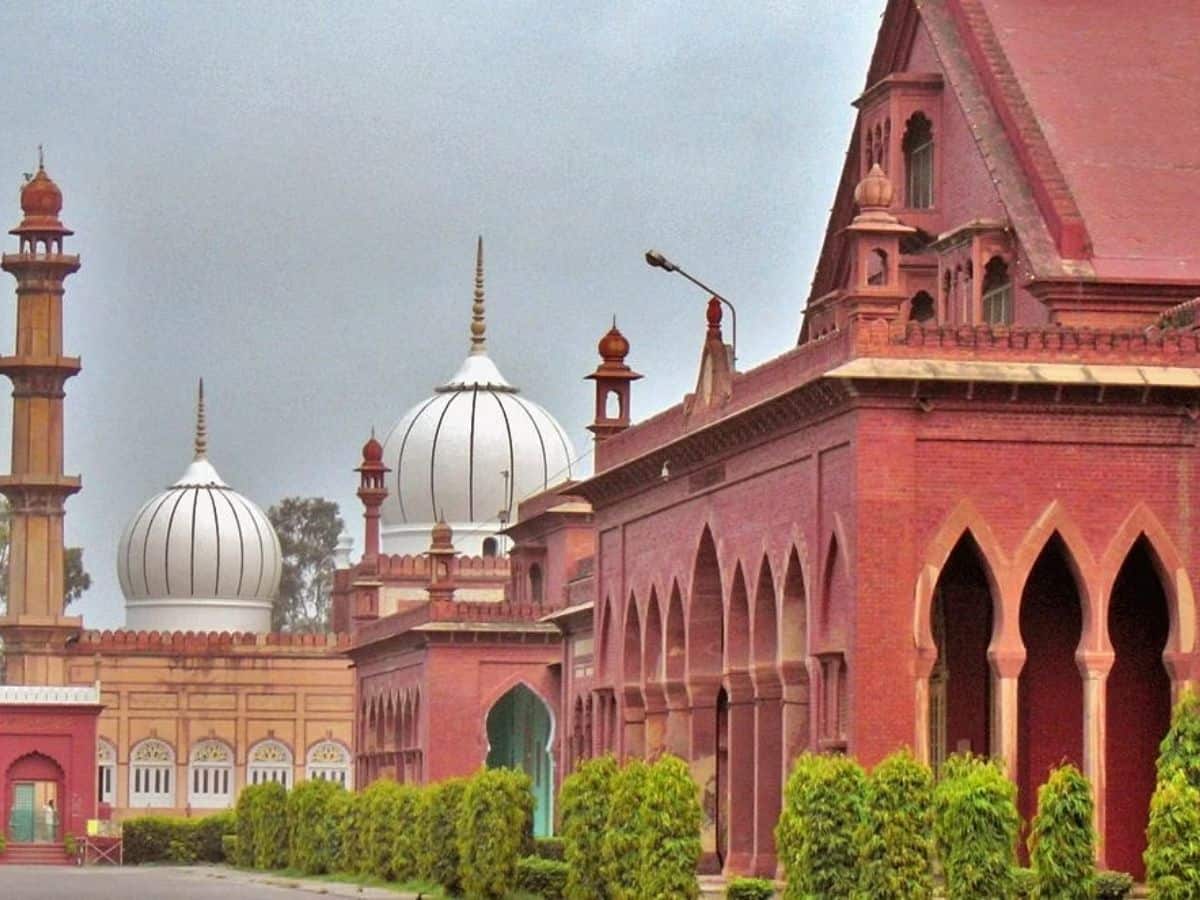
Aligarh: The Department of English at Aligarh Muslim University (AMU) successfully concluded the five-day GIAN (Global Initiative of Academic Networks) online course on “Unravelling the Problem of History: Exploring African and Indian Writing.”
A press note from the AMU said, the intellectually enriching course facilitated an exchange of ideas on historiography, transnationalism, and literary narratives, engaging more than 60 participants across India.
The valedictory session featured scholars such as Prof Stefan Helgesson (Stockholm University, Sweden) and Professor Claudia Egerer (Stockholm University, Sweden), who were impressed by the depth of discussions.
Prof Helgesson remarked, “This course has been an eye-opening experience, revealing the interconnected struggles and resilience found in both African and Indian literary traditions. The exchange of ideas across cultures should not end here—such academic initiatives should be held frequently to deepen our understanding of global histories.”
Echoing similar sentiments, Prof Claudia Egerer highlighted the power of literature in reshaping historical narratives. “Courses like this serve as bridges between diverse traditions, allowing us to challenge established historiographies and build inclusive literary discourses. The insightful discussions we witnessed here should inspire more such collaborations,” she stated.
The Chief Guest, Prof M. J. Warsi (Dean, Academic Affairs; Dean, Schools of Humanities, Baba Ghulam Shah Badshah University, Rajouri, Jammu and Kashmir), emphasized the importance of language and literature in understanding history. “Literature has the power to challenge dominant discourses and reshape our understanding of historical events,” he said while applauding AMU for organizing the initiative.
Prof Anita Singh (Chairperson, Department of English, Banaras Hindu University) and Prof M. Rizwan Khan (Dean, Faculty of Arts, AMU, and former Chairperson, Department of English) also lauded the interdisciplinary approach of the course, highlighting its significance in shaping critical consciousness.
Several participants, including Prof Vandana Sharma and Dr. Ishrat Jahan, shared their reflections on the course, expressing appreciation for the diverse perspectives the esteemed faculty members offered. They acknowledged how the discussions on historiography, transnationalism, and literary representations of history enriched their understanding of African and Indian literary traditions. Many participants lauded the interactive format, which encouraged critical discourse and intellectual exchange.
Course Coordinator Prof Vibha Sharma (Department of English, AMU) expressed gratitude to all speakers and participants. She stressed that the course successfully fostered dynamic intellectual engagement. Prof Shaheena Tarannum (Chairperson, Department of English, AMU) also commended the efforts of the organizing team in ensuring a meaningful dialogue among literary scholars.
The programme concluded with a vote of thanks delivered by Umme Ummarah Khan, who extended special appreciation to AMU Vice-Chancellor, Prof Naima Khatoon, for her unwavering support.




